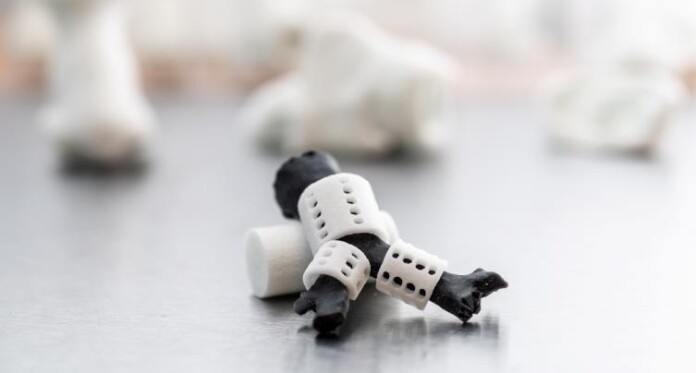3D-Printed Tracheal Splint

At Georgia Tech, a new 3D-printed tracheal splint has successfully treated a rare birth defect affecting a young child. Developed in collaboration with Children’s Healthcare of Atlanta, the splint has allowed 4-year-old Justice Altidore to start preschool without breathing issues.
Tracheomalacia (TM), a condition where the windpipe’s cartilage is weak, affects about 1 in 2,100 children. This defect causes the trachea to collapse and obstruct breathing, often requiring ventilation and other treatments.
The Georgia Tech splints are made from bioabsorbable material that supports the trachea as the child’s cartilage strengthens and the splint is eventually absorbed. Dr. Kevin Maher and Dr. Steven Goudy oversaw Altidore and three other children receiving these splints as part of an FDA-approved trial.
All four children have shown significant improvement in their breathing. This success marks a significant advancement in treatment for TM. Previously, 3D printing has been used for tracheal recovery, including a recent case where a 3D-printed windpipe was transplanted into a patient in Seoul.